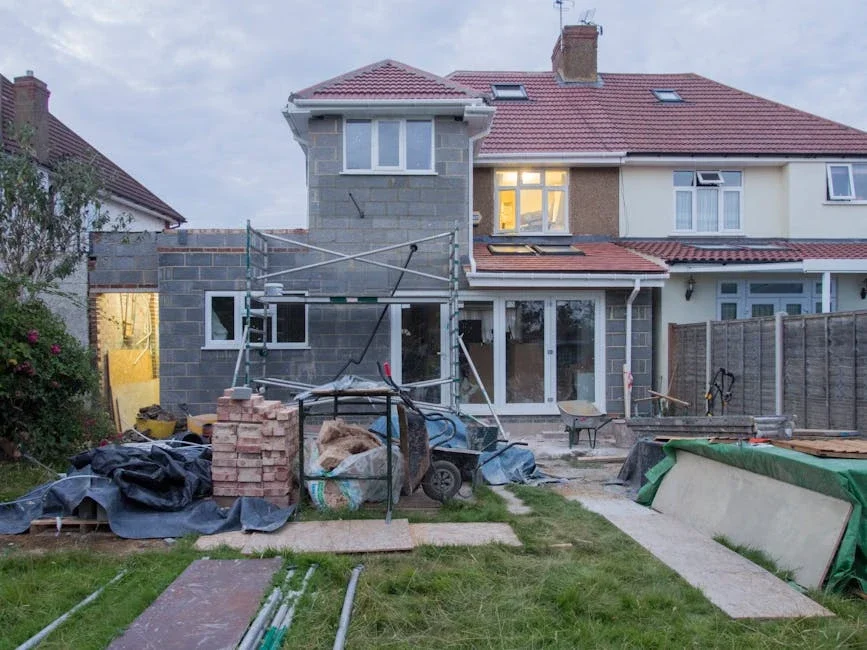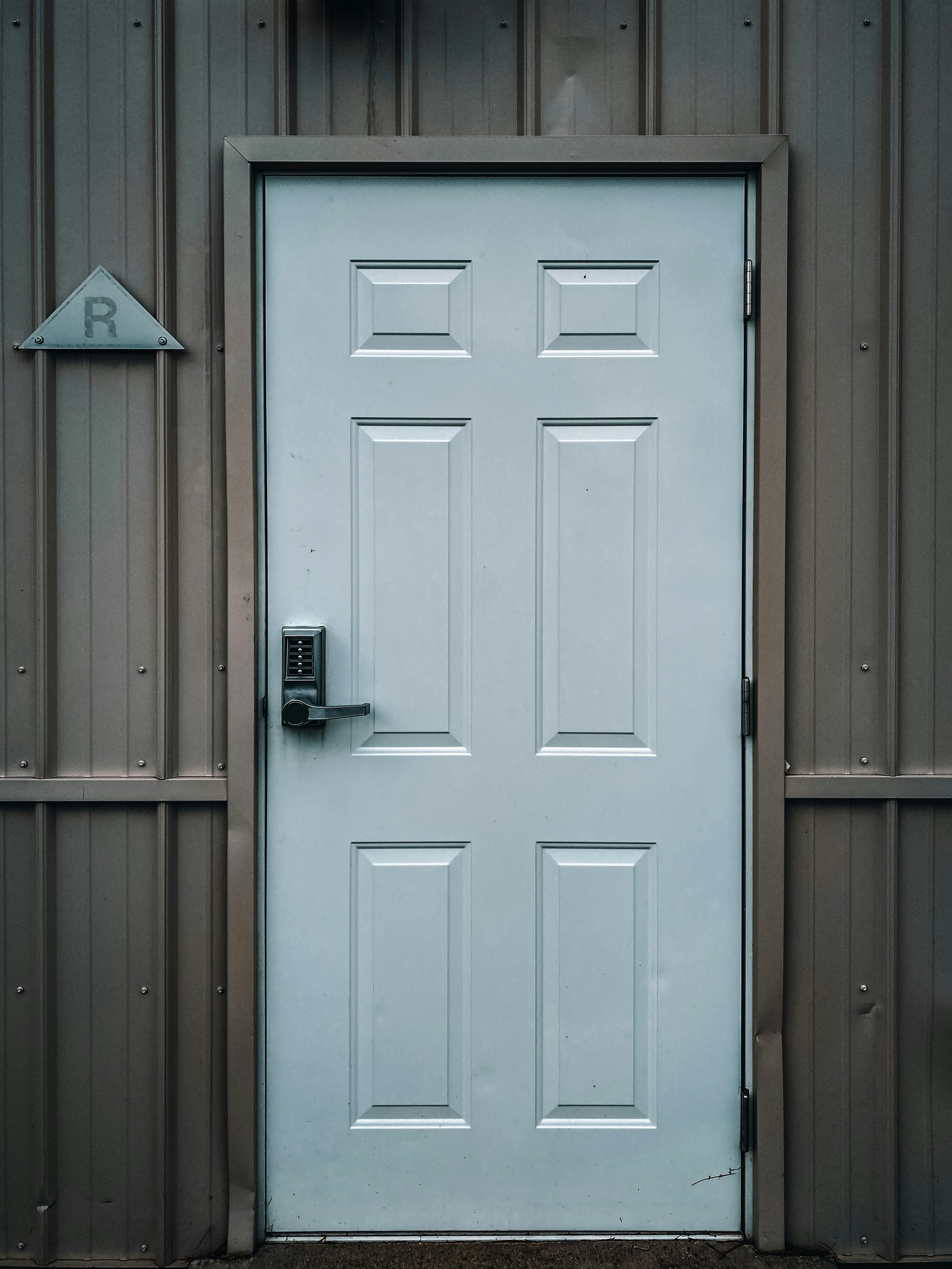How to Choose the Right Commercial Contractor for Your Business Needs
Need a commercial contractor? Learn how to choose the right one for your business with these expert tips on experience, licensing, and communication.
Key Takeaways
Clearly define your business needs before searching for contractors
Always verify experience, licensing, and insurance
Communication, safety, and financial health are crucial success factors
A thorough review of proposals and references avoids future risks
Reliable post-completion support ensures long-term satisfaction
Define Your Project Requirements
The first—and arguably most vital—step when embarking on a commercial construction project is to define precisely what your business requires. Take the time to gather input from stakeholders, management teams, and employees who will use the space. Consider your business objectives, functional needs, and any potential limitations that may impact your project, such as zoning restrictions or site-specific challenges. There is significant value in creating a comprehensive project brief that outlines anticipated budget, required deliverables, critical timelines, and project milestones. This internal alignment not only increases efficiency during the search for a contractor but also equips you to compare proposals on an equal footing, allowing you to spot discrepancies or hidden costs easily.
Consulting with an experienced commercial contractor, such as Snyder Construction, early in the process can offer invaluable insights that help ground your expectations in real-world building conditions. A skilled contractor will not just bid on your initial plans—they can refine your requirements, help you value-engineer alternatives to save on costs or boost functionality, and adjust scope to maximize your business’s investment. This active collaboration in the planning stage lays a strong foundation for a smooth construction journey and a final product that truly serves your business goals.
Assess Experience and Expertise
When reviewing potential commercial contractors, experience should be a top priority among your selection criteria. An established contractor with a long history of completed projects brings a deep understanding of construction logistics, local permitting, and unforeseen challenges that can arise on commercial job sites. Ask to see their portfolio of previous projects, ideally those similar in scale, sector, or complexity to your own. Dig deep into the results achieved on these builds—did they deliver on time and within budget? How did the finished product hold up over time? Analyzing these case studies provides insight into their process and reliability.
Specializations Matter
Commercial construction includes a diverse array of project types, from modern office fit-outs to industrial warehouses, retail storefronts, hospitality spaces, and medical facilities. Every sector presents distinct challenges, from regulatory codes specific to healthcare to the space planning requirements for retail. A contractor who specializes in your type of project is far more likely to foresee issues, propose cost-saving alternatives, and deliver a final product that stands out in your industry. Take the time to verify their expertise with similar building types and use the vetting process to ask pointed questions about past projects in your sector.
Verify Licensing and Insurance
Never proceed with a contractor unless they are fully licensed and insured to operate in your project's jurisdiction. The licensing process ensures they are aware of and comply with local and state rules regarding building codes, labor standards, and safety regulations. Insurance, including general liability and workers’ compensation, is critical for protecting your business in the event of on-site injuries or accidental property damage. Ask to see recent proof of both, and take the extra step of validating credentials with state or municipal licensing boards, and confirming insurance with listed providers. This due diligence minimizes the risk of legal complications and financial liabilities down the line.
Check References and Reputation
A reputable contractor should have a track record filled with satisfied clients who can attest to their professionalism, workmanship, and commitment to deadlines. Request and review references from their three most recent clients and ask detailed questions about the overall experience, transparency, handling of challenges, and how the contractor responded to changes or issues. Dive into online reviews, both on neutral platforms like Google Business and through established professional associations, to get a broad view of their reputation in the industry. Pay close attention to how they handle feedback—prompt, respectful responses to negative reviews are a strong sign of accountability and client focus.
Warning Signs to Watch For
Be cautious of contractors who are hesitant to provide references or have a history of unresolved complaints with consumer protection agencies or review platforms. A limited or inconsistent reference portfolio may signal issues with reliability or service. Any history of litigation with former clients or subcontractors should also be noted, as it may indicate underlying operational problems.
Evaluate Communication and Project Management Skills
Effective communication can be the single most significant factor in achieving the success of your project. When you meet with potential contractors, assess how clearly they explain processes, answer your questions, and set expectations. Reliable contractors will be proactive, providing regular updates, transparent progress reports, and documented follow-ups to ensure ongoing communication and accountability. Inquire about their project management approach and whether they utilize dedicated technology platforms that offer live schedule updates, budgeting tools, and document sharing. Such systems help keep large teams—and their clients—on the same page, minimizing confusion or misunderstandings that could derail a build.
Collaborative Approach
An optimal contractor doesn’t operate merely as a service provider, but as an invested partner. Contractors who value collaboration will work closely with you and your architect or design team, actively solicit feedback, and quickly pivot to address changes or roadblocks. A solutions-oriented attitude helps projects remain flexible and successful even if circumstances change.
Review Detailed Proposals and Contracts
Detailed proposals are the blueprint for a smooth construction project. When you receive estimates, look for transparency in terms of labor, materials, allowances, exclusions, timeline, and a payment schedule. Insist on clarity—every item should have a clear, detailed explanation, leaving little ambiguity or potential for hidden costs. When reviewing contracts, ensure they include provisions for scope changes, dispute resolution, warranty, and completion clauses. A thorough, legally sound contract protects your interests and sets clear expectations for both parties. If there are legal or technical terms you do not understand, don’t hesitate to consult with your legal counsel or request clarification before you commit.
This attention to detail not only minimizes disputes but also lays the groundwork for a respectful and results-driven relationship between builder and client.
Consider Financial Stability
The financial health of your prospective contractor can have a direct impact on the success of your project. Contractors struggling with cash flow may be slow to pay suppliers, experience work stoppages, or struggle to meet project deadlines. Request evidence of their financial standing, such as bonding capacity, bank references, or even financial statements. A company that has completed numerous projects on time and can supply references from subcontractors or suppliers is much less likely to leave you in a problematic position part way through the build. Investigate their payment histories, ask about recent projects, and look for signs of financial robustness before finalizing your choice.
Prioritize Safety Standards
Rigorous safety standards are not just a legal necessity; they are a moral obligation to every worker and a significant factor in reducing risk for your business. Contractors should be able to provide documented evidence of safety training programs, employee certifications, and active risk management protocols in place. You can—and should—ask about their incident history, whether they have a safety officer on staff, and what specific preventive measures are built into their processes. A proactive approach to jobsite safety not only protects people and reputation, but it also keeps projects on schedule and reduces liability exposure for your business.
Understand Post-Completion Support
Post-project care is critical to long-term satisfaction. Discuss the contractor’s approach to post-completion support, including the specifics of their warranty, how follow-up inspections are scheduled, and what the process is for addressing defects or deficiencies that may become apparent after occupancy. Reputable contractors will stand by their work, offering prompt and professional support long after the ribbon is cut. This willingness to provide ongoing assistance demonstrates a company’s commitment to both quality and long-term client relationships.
Building Lasting Relationships
The most reputable commercial contractors view each completed project as the start of a long-term relationship. They provide clear channels for addressing any concerns that may arise in the future, ensuring that maintenance, repairs, or operational advice is readily available. This partnership approach means your investment remains secure and your business can continue to thrive in its new space. By carefully evaluating each of these steps, you’ll be empowered to choose a commercial contractor who serves not only as a builder but as a collaborative business partner invested in your long-term success.








